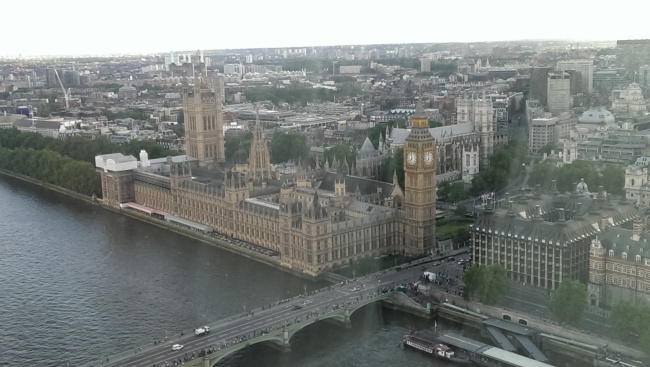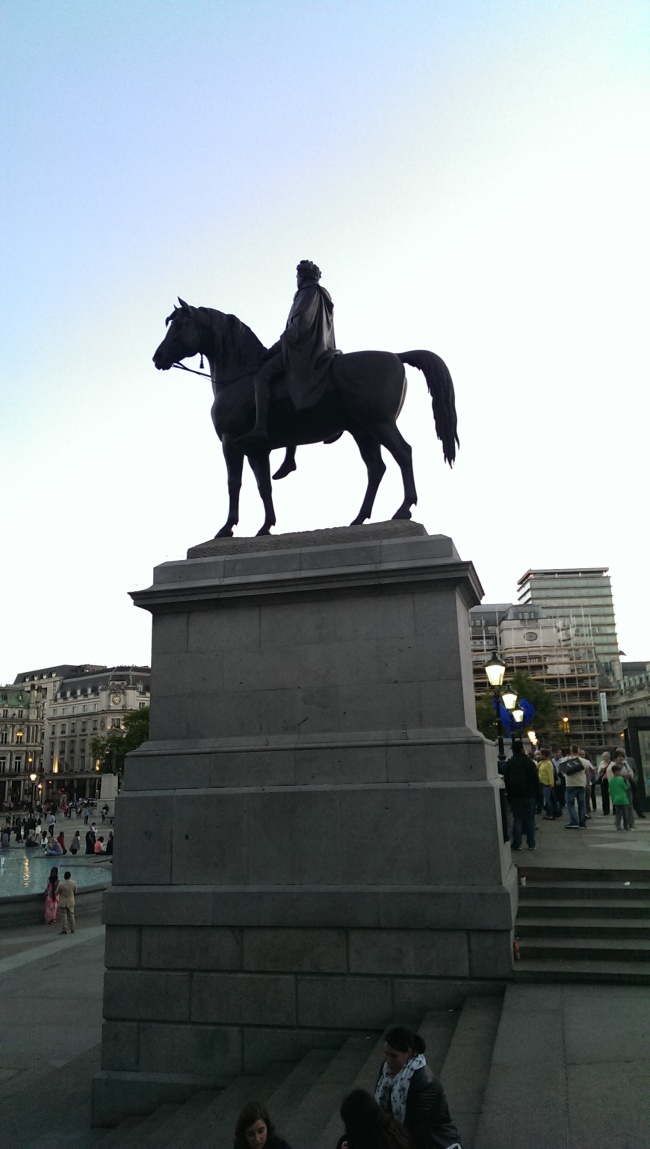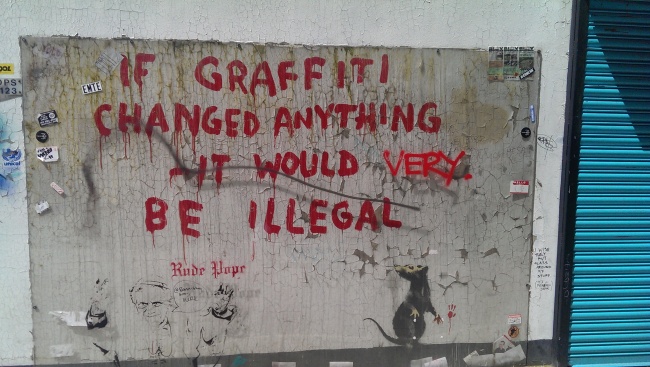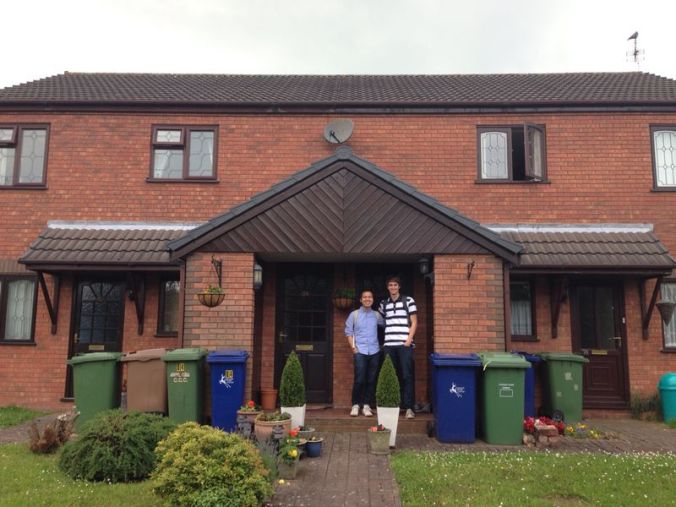Hi all, my name is Eric Liang and I’m currently in Staffordshire, England doing a 2 month internship with Mobell Communications. It’s been a great few weeks already – here are some reflections on my experiences and the things I’ve learned so far.
1. British culture isn’t vastly different from American culture.
Unlike many of the more distant countries that other SIBC members have travelled abroad to, England is by far the most similar to the states. There are been a few small differences in culture
- English vernacular – “Chips” are now called “crisps” and “French fries” have become “chips”. “Cheers” is used to express thanks, hello, goodbye, and pretty much anything. It also sounds really weird if you try to slip it into conversation without a British accent.
- Greetings – I was first puzzled at the phrases “Are you okay?” or “You alright?” when used as a greeting rather than “how’s it going” or “Hi”.
- Butter – It’s spread on all types of bread, regardless of sandwich. There are also isles at supermarkets devoted solely to butter.
- Taxes – A 20% Value Added Tax is factored into all the display prices, which means you’re only paying £2 for that item listed as £2 instead of $2.15 for the $1.99 item.
- Driving – Both driving and walking on the left side. The majority of cars have manual transmission.
Aside from that, there hasn’t been anything else that has stood out to me as particularly unusual or unexpected. I’d imagine assimilating into British culture has been much easier than doing so for the other interns abroad.
2. Create economic development
Although the meanings behind most slogans are often ignored (I definitely didn’t give it thought when first I joined SIBC), the company I’m interning for really does strive to better 3rd world countries, and I’ve learned that “peace through commerce” really is the best method.
My work at Mobell Communications is helping to prepare the launch of a new cell phone MVNO called CascAID. It’s short for “Charity and Social Commerce Aid” and donates 100% of profits to its parent non-profit organization, the Krizevac Project. Focusing on Malawi, the Krizevac Project aims to eradicate poverty by creating jobs through economic development.
One of its projects is the JP2 Leadership/IT Institute, which provides courses to any student that wishes to learn about information technology while developing invaluable leadership skills. Another is the Beehive Centre for Social Enterprise, which provides computer and construction equipment rentals for cheap to make infrastructure development affordable to local construction companies – allowing them to hire more employees in the process as well. Through 5 different projects (including primary schools and child care centers), Mobell and Krizevac have helped create a foundation for economic growth heading into the future.
3. Get rid of charity dependency
George Furnival, director of the Krizevac Project, always emphasizes the importance of long-term solutions to the poverty over constant quick fixes. The old proverb, “give a man a fish and you feed him for a day, but each a man to fish and you feed him for a lifetime” holds true in the case of Malawi.
Unlike many of the other poorest Sub-Saharan African countries, Malawi is at the bottom of various human/economic development indices without being affected by internal or external conflict. There hasn’t been civil war or major ethnic violence in its history, and it’s not home to any conflict minerals. While there is a place for humanitarian aid/charity in countries ravaged by this conflict (such as Darfur or Ivory Coast), Malawi needs economic development to bring itself out of poverty. Donating something like clothing builds a dependence on charity in Malawi, and is only putting a temporary band-aid on a larger overarching problem. Krizevac’s work is based around giving the citizens necessary resources to set up profitable businesses and incentives to maintain those businesses, while teaching them how to succeed in the process.
4. It rains a lot here
While everyone has always jokingly talked about how awful the weather in the UK is, I just kind of shrugged it off as exaggeration. In actuality, it seems that it rains at least 75% of the time with 80+% humidity. It’s a stark contrast from the dry heat I’m used to, coming from Arizona.
5. Photos!
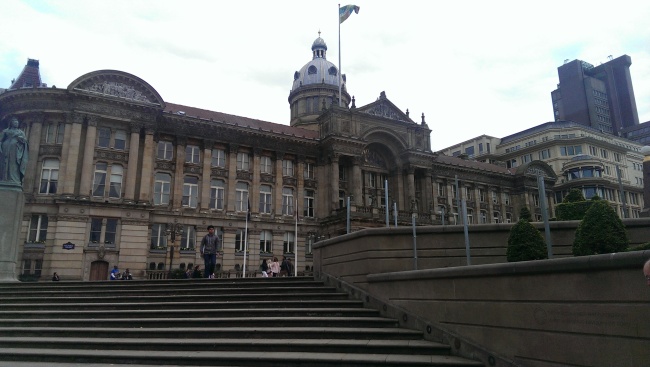
Birmingham Council House
